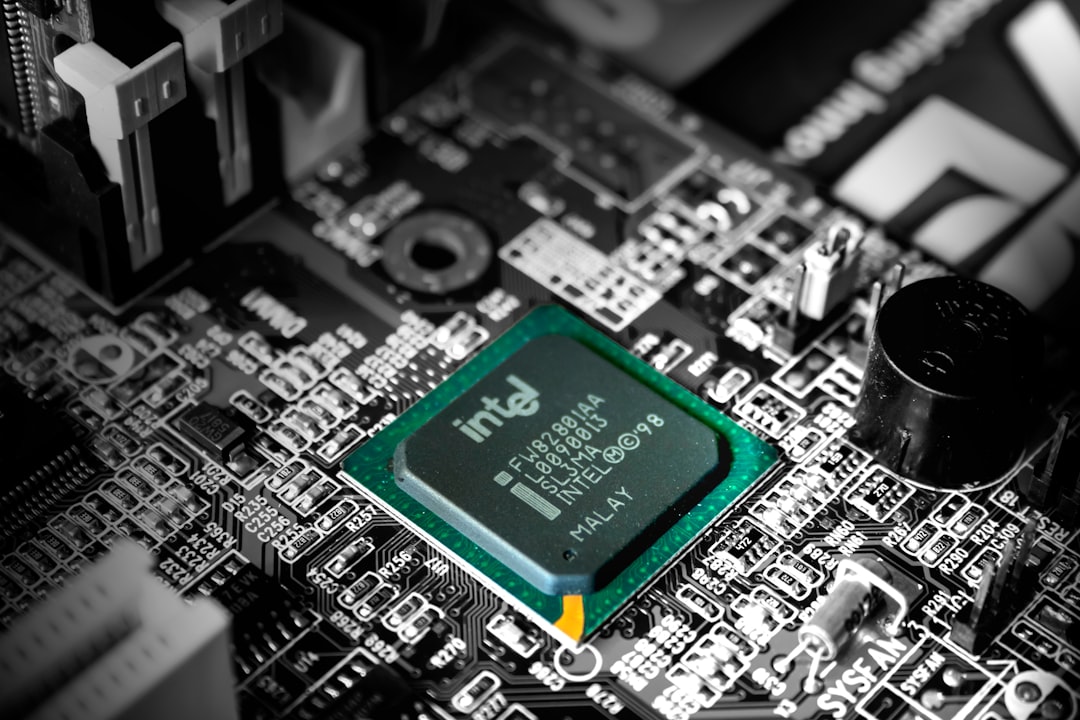Electronics Engineer Mataaro Tāhiko
Electronics engineers design and oversee production of electronic equipment such as radios, televisions, computers, washing machines and telecommunication systems. They may also work in sales and technical support.
Electronics engineers can apply to the Institute of Professional Engineers to become registered as a chartered professional engineer (CPEng) once they have completed practical work experience (usually four to five years) and a practical competency assessment.
Chartered engineers must be assessed at least once every six years to ensure they are competent, and have been undertaking professional development.
Electronics engineers:
- research, design and supervise production of electronic circuits, components, equipment and computer programs
- investigate and test new electronics components and equipment
- present reports and proposals to clients or colleagues
- modify and service electronic, computer and communications equipment
- provide technical sales and support.
Physical Requirements
Electronics engineers need to have good hand-eye co-ordination and good eyesight (with or without corrective lenses) as they deal with very small electronic components.
Useful Experience
Useful experience for electronics engineers includes:
- electronics as a hobby
- design work
- work as an electronics technician
- experience testing electronic equipment
- work with computers or communications systems
- work experience in an electronics production environment.
Personal Qualities
Electronics engineers need to be:
- motivated
- creative and inquiring
- patient and persistent
- good written and oral communicators
- able to work independently, and as part of a team
- able to work to deadlines.
Skills
Electronics engineers need to have knowledge of:
- physics, mechanics, electronics, maths and computers
- new methods and technology in the electronics industry
- software and computer-aided design and development
- design skills.
Conditions
Electronics engineers:
- usually work regular business hours, but may be required to work long hours, evenings and weekends to meet deadlines
- work in offices, workshops, and factories
- may travel to worksites to do installation and servicing work.
Subject Recommendations
NCEA Level 3 is required to enter tertiary training. Useful subjects include mathematics, physics, construction and mechanical technologies, and processing technologies.
Related Course options
Electronics Engineers can earn around $100K per year.
Chances of getting a job as a Electronics Engineer are good due to a shortage of people interested in this type of work.
Pay for electronics engineers varies depending on experience and the type of work they do.
- Electronics engineers usually earn an average of $100,000 a year.
- Team leaders usually earn an average of $120,000.
- Electronics engineer managers can earn an average of $160,000.
Source: Engineering New Zealand, 'Remuneration Survey 2021 Snapshot', 2022.
Electronics engineers may progress to set up their own electronics business, or move into team leader or management roles.
Electronics engineers may specialise in:
- power electronics design
- wireless RF (radio frequency)
- computer hardware engineering
- semiconductor design
- software development
- mechatronics, including robotics design
- technical sales and support.
Years Of Training
4 years of training usually required.To become an electronics engineer, you usually need to have a Bachelor of Engineering or Bachelor of Technology. However, some employers may accept a New Zealand Diploma in Engineering (Electronic).

 Wakatipu High School
Wakatipu High School